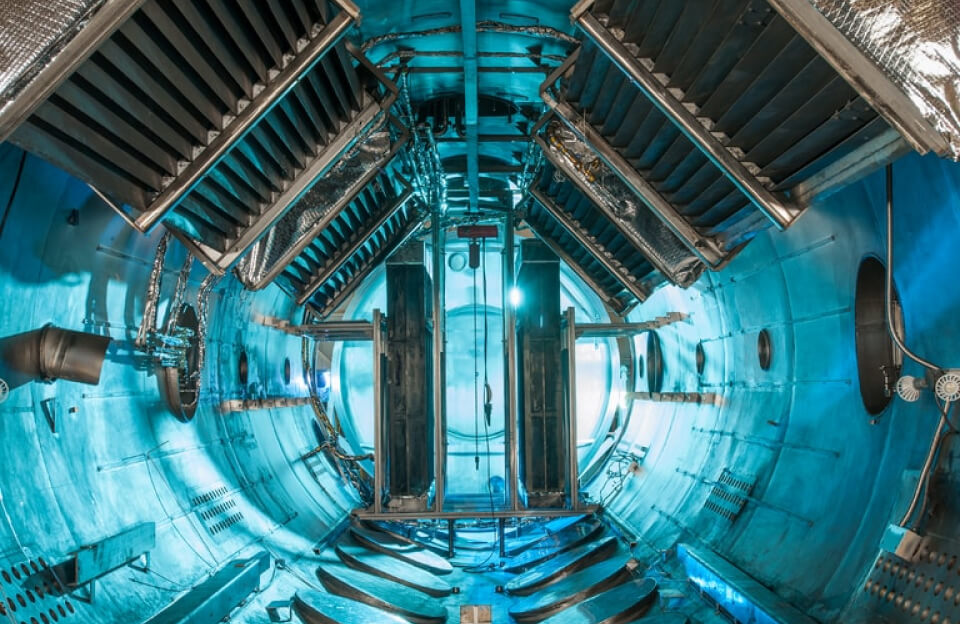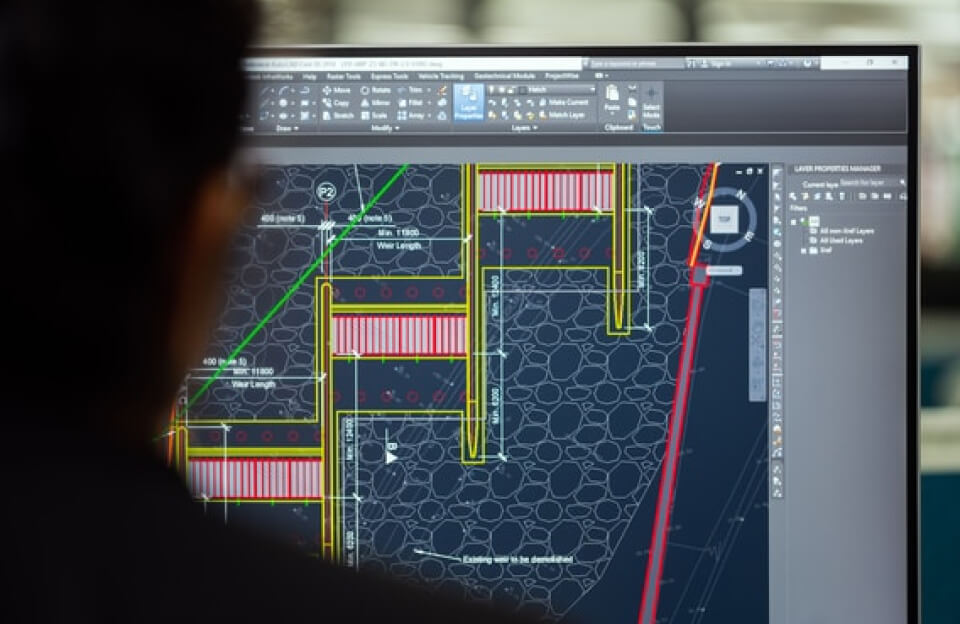Bitcoin is a digital currency that functions free of any central administration or the oversight of banks or governments. Rather, it depends on peer-to-peer software and cryptography.
A public ledger is established to records all bitcoin transactions and copies are held on various servers throughout the globe. Anyone with an extra computer can set up one of those servers also known as a node. There is a general agreement on who owns these coins that are reached cryptographically across these nodes hence there is no reliance on a central source of trust like a bank.
All activities are quite openly broadcasted to the network and shared from one node to another. Once every ten minutes or so these transactions are collected by miners into groups called blocks and are added permanently into blockchain. This is the definitive record book of bitcoin.
In much the same way you would keep regular money in your physical wallet, virtual currency is held in a digital wallet and can be accessed by people using various software or a range of online and hardware tools.
In reality there is no such thing as a bitcoin and there is no wallet, it is just an agreement among the network about ownership of such a currency. An encrypted key is used to prove the ownership of account that contains funds to the network when making a transaction. A person could simply memorise their encrypted key and need nothing else to retrieve or spend their virtual currency, this concept is known as a “brain wallet”.
Bitcoin can be exchanged for real currency just like any asset. There are various cryptocurrency exchanges online where people can do this but transactions can also be carried out in real life or on any other communications platform, allowing any small businesses to accept bitcoin as a legal tender. However, there is no official mechanism sent into bitcoin to convert to other currency.
Bitcoin was originally created as an alternate way for people to have transactions over the internet. This digital currency was envisioned to provide another payment system that would operate free of any central control but otherwise be used just like any other currencies
Mining is the only process that maintains the bitcoin Eco space and also how new coins can be brought into existence.
Essential bitcoin software has a hard limit of 21 million coins. There cannot be more than that. This number of bitcoins will be in rotation by 2140. In about every four years the set software makes it twice as difficult to mine bitcoin by reducing the size of the rewards collected.
When bitcoin was first created it was possible to almost instantaneously mine a coin using the most basic computer. Now it requires rooms full of super computers, often with high-end graphics cards that are adept at crunching through the calculations, which when combined with a volatile bitcoin price can sometimes make mining more expensive than it is worth.
Miners can also choose what type transactions to bundle into one block, so the fees of a varying amount are added by the sender as an additional incentive. Once all the coins are been mined, these fees will continue as an incentive and mining of these coins would continue. This is required as it gives the infrastructure of the Bitcoin network.



